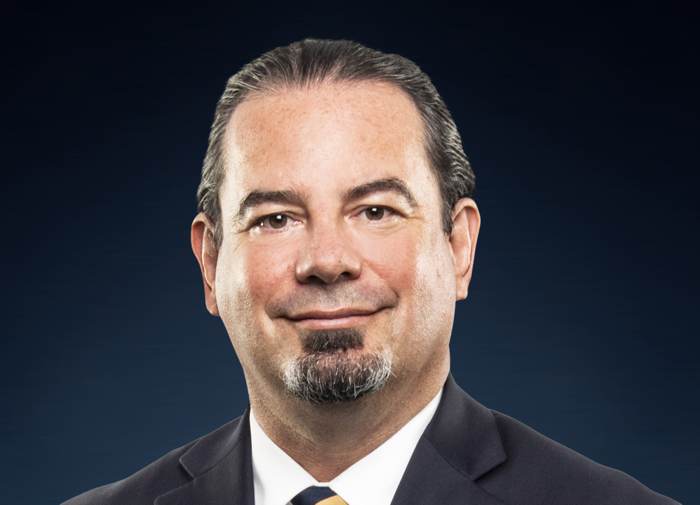Appropriate, knowledgeable directors vital for good governance of SPIs: Ocorian

George Jones, Managing Partner, Ocorian Law (Bermuda) Limited, believes that for a special purpose insurer (SPI) to achieve its goals while remaining compliant with its obligations, the appointment of appropriate directors to its board is vital.
As part of our most recent Catastrophe Bond and ILS Market Report, Jones explored the corporate governance of ILS vehicles from the view of the boardroom.
Alongside the appointment of appropriate directors to the board of SPIs, Jones emphasised that a vital component of good corporate governance, is for those directors to have an understanding of their legal, statutory and fiduciary duties.
“Good governance is ultimately down to a company’s directors and in the case of ILS deals, it is the board of directors of the special purpose insurer (SPI) that shoulders responsibility for ensuring they are fit and proper for the role,” said Jones.
To establish good corporate governance practices, Jones explained that SPI boards should be looking to do a variety of things.
This includes providing “leadership within a framework of prudent and effective controls which enable risk to be assessed and managed.” And, setting “strategic aims, ensuring that the necessary financial and human resources are in place to meet the company’s objectives and review management performance.”
Additionally, Jones highlighted the need for boards of SPIs to “set values and standards and ensure that the company’s statutory and legal obligations to stakeholders and the government are understood and met.”
An awareness of fiduciary duties is also required, and includes things like acting in “what they consider to be the best interests of the company and not for any collateral purpose,” and exercising “powers for a proper purpose, namely a purpose that advances the interests of the company as distinct from its shareholders.”
Directors should also “avoid conflicts of interest by not putting themselves in a position in which their duties and personal interests may conflict,” and “avoid making a personal profit from any opportunities arising out of their directorship, even if acting honestly and for the good of the company,” said Jones.
As Jones highlighted, directors have a duty of care when exercising their directorship powers. This includes three main aspects: degree of skill; attention to the business; and reliance on others.
“These duties are expected of all directors, irrespective of whether they are executive directors directly employed by the company, independent non-executive directors with no other connection, or non-independent non-executive directors typically provided by a local third-party service provider in addition to other services such as insurance management or corporate services.
“The duties are similarly expected of alternate directors even if their appointment is for the purpose of a single meeting, or shadow directors (a person whose directions or instructions the directors of a company are accustomed to act, regardless of title),” said Jones.
Concluding that; “For an SPI to meet its goals while remaining compliant with its obligations, both the appointment of appropriate directors to the company’s board and an understanding by those directors of their legal, statutory and fiduciary duties are vital components to good corporate governance.”







